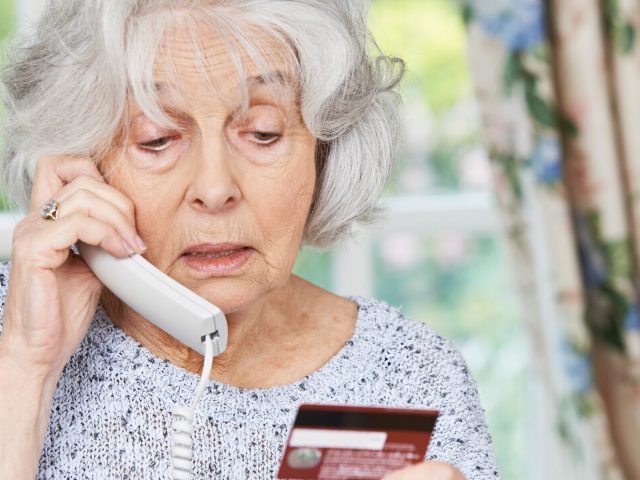Don't Become a Statistic—Easy Tips for Online Security
Share
Because we use computers and mobile devices in almost every facet of our lives, it’s crucial to ensure we’re being wise as we continue to live life digitally. Check out these suggestions for protecting yourself against these attacks.
Create strong passwords.
Make it something challenging for others to guess by interchanging E with 3, switching between upper and lowercase, and adding special characters. For example, if you wanted to make your password “animal”, a better alternative might be @N!mA1. That’s much harder to guess and still easy to remember.
Be aware of phishing scams.
These scams usually come in the form of an email posing as your financial institution or credit card provider, likely prompting you to enter some sort of personal information or to click on a link. Call your financial institution and/or credit card provider to verify the email. If it’s real, you’re better off giving that information over the phone than the Internet anyway. Not to mention, clicking on a link like that could make you susceptible to computer viruses.
Avoid logging on to personal accounts on public computers.
Checking personal accounts on public computers can make your information accessible to the next person who uses it. This goes for public Wi-Fi as well. If you’re accessing your checking account via public Wi-Fi, you’re susceptible to identify theft or fraud. Only use your personal computer on a private, trusted Wi-Fi signal to access any information that people could use to do you harm.
Apply software updates when necessary.
As technology continues to change, software and apps need to update to adjust and fix any bugs or glitches they’ve discovered. That’s why you receive those updates on your phone and computer. Install them when necessary to make sure you’ve got the best security available.
Don’t wait until your computer gets a virus or your checking account is hacked before making these changes. It’s easier to make these small adjustments than to deal with the hassle of identity theft or a now-useless computer. If you’re one of the millions already affected, visit https://www.ready.gov/cybersecurity to learn what your next steps should be.
You May Also Like

Don’t let your guard down during the holiday season. Our Fraud Department shares the most common holiday scams and how to avoid them.

It’s important to take the proper steps to keep your identity and finances safe. Here’s what to do if your information has been taken.

Staying informed on the different tactics scammers are using is the best way to protect yourself from fraud.